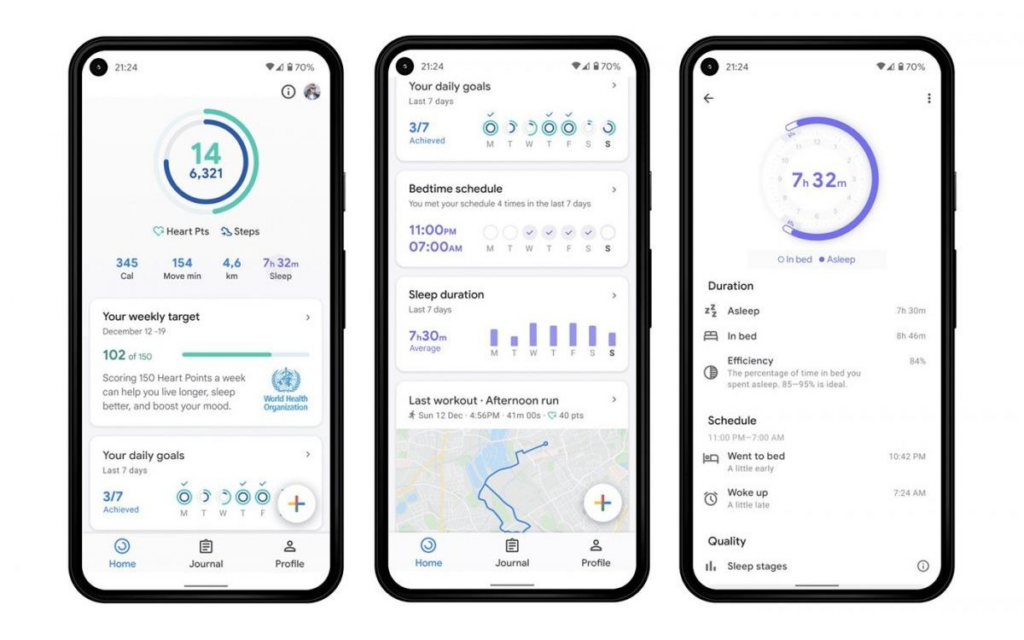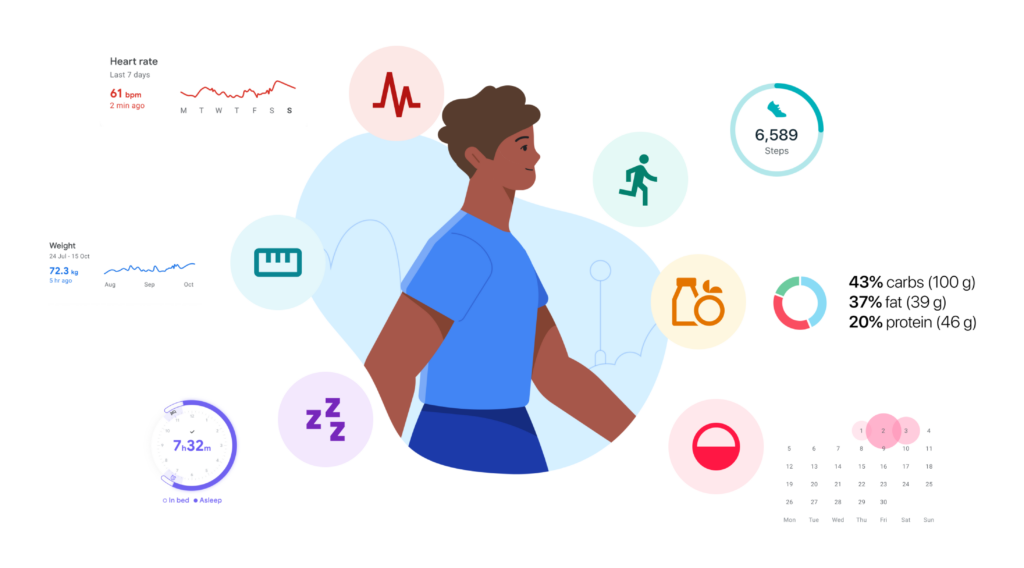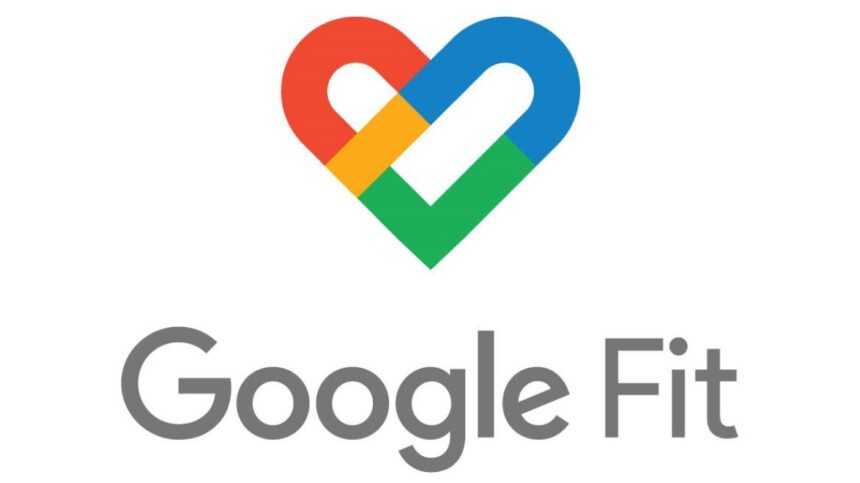Google has announced the shutdown of its Google Fit APIs, set for June 30, 2025. This decision impacts numerous devices and services that rely on these APIs for syncing health data from third-party fitness devices to users’ Google accounts. The deprecation plan is an adjustment to Google’s health data integration and introduces challenges for existing users and device manufacturers.
What’s Happening & Why This Matters
Initiated in 2014, Google Fit APIs were designed to act as a central repository for health data allowing various apps and services to contribute to a unified health profile. The shutdown halts new sign-ups and phases out support. The shutdown further pushes developers and manufacturers towards newer technologies like Google’s Health Connect.

Devices that currently depend on Google Fit APIs for functionality, like fitness trackers and smart scales, will lose the ability to sync data via Google’s platform. This change requires manufacturers and app developers to adapt quickly to ensure continuity of service. Moving from Google Fit to Health Connect has benefits and disadvantages:
- Transition to Health Connect: In response to retiring Google Fit APIs, Google developed Health Connect. Health Connect is integrated into Android 14 as an open-source framework for health data storage. Health Connect does not support cloud syncing, significantly altering how data is stored and accessed compared to Google Fit.
- Challenges for Developers and Consumers: The lack of backward compatibility between Google Fit and Health Connect APIs means developers must support both systems during the transition period. Consumers face potential disruptions in service, especially if device manufacturers delay or do not update to the new system.

- Data Accessibility Concerns: Without cloud syncing, users risk losing access to their health data if they switch devices or if their device is damaged, raising concerns about data portability and accessibility.
- Privacy and Data Security: Google pitches the move to an on-device model as a privacy enhancement. However, this shift also restricts users’ ability to access their data across multiple platforms, potentially limiting the usability and oversight of personal health information.
“Google’s shift from Google Fit to Health Connect represents a broader trend in data privacy and device integration,” says Dr. Linda Greene, a health technology expert. “While this move enhances privacy, it challenges the continuity and user-friendliness that cloud services offer. It’s a delicate balance between securing data and maintaining user convenience.”
TF Summary: What’s Next
As the 2025 shutdown date approaches, the transition from Google Fit APIs to Health Connect will test the adaptability of the health tech ecosystem. Device manufacturers and app developers will need to innovate rapidly to mitigate disruption and preserve user trust. This integration shift emphasizes the importance of robust data management, data privacy and accessibility.
______________________________________________________________________________________________________
TF Note: This article provides an overview of the upcoming shutdown of Google Fit APIs, the transition to Google Health Connect, and the implications for connected devices and services.


